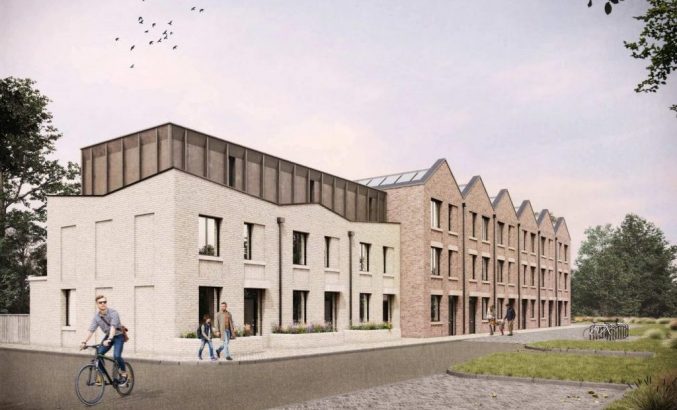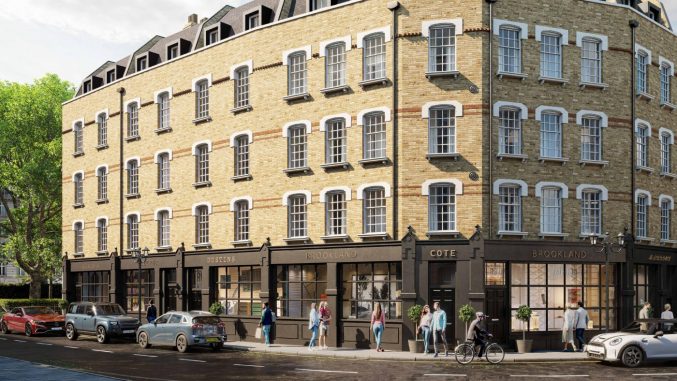Avamore runs developer survey for ESG sentiments
By Sabinder Robinson-Sandhu

Almost all developers believe that incorporating energy efficient features into sites can help attract higher quality buyers but want more help from lenders to do so.
Avamore Capital said 90% of its developer partners had favourable sentiments to Environmental, Social and Governance (ESG) factors which directly impact project outcomes as part of a recent survey.
Avamore said the results show that developers have a desire to take positive steps towards future proofing sites, workforces and reputations. However, it added that, considering the scale at which they operate, time and cost factors largely influence the ability to take significant action.
It said that a clear roadblock to adding ‘green features’ or adopting non-standard construction approaches is the dynamic and availability of options with lenders.
Most developers either agreed or strongly agreed that incentives, confidence, and relief from funders would encourage them to explore new opportunities.
Developers said the greatest risks when looking into making more eco-friendly changes were around cost and availability of sustainable materials as well as limited education around non-standard construction methods.
Similarly, there were additional concerns for new technology ‘over-promising and under-delivering’ and challenges around obtaining appropriate planning permissions.
When questioned about the labour force a small minority supported the notion that it is the developer’s responsibility to provide opportunities for construction workers that may not secure jobs as easily as others. The greatest roadblock to strengthening localised workforces, however, is the time and cost incurred from structured training.
There was however, an even split of developers who believe that upskilling construction workers is their own responsibility because it is ultimately a long-term benefit. Likewise, almost 90% of developers agreed that having a varied workforce is a critical factor for project success.
Ironically, however, Avamore said, the motivation to diversify recruitment to resource projects was generally low, with many preferring to stick with who they know for certainty of outcome and many only looking for an alternative option if the complexity of a site varied from the norm.
Overarching good governance sits relatively high on the agenda across all respondents, with the majority believing that acting in accordance with minimum standards and building a reputation amongst peers and service providers in the development space is incredibly important. Results further indicate that there would be high compliance around the introduction of greener standards should stricter rules be implemented.
When asked about the definition of good project governance more generally, responses were focused on delivering on time and to budget, ensuring good organisation around health and safety along with careful programme and stakeholder management.
Developer sentiment was generally more positive on governance factors with many feeling that changes under these criteria are much more within the individual’s control, as they do not have the same constraints as environmental and social changes.
Regardless, Avamore said, whilst ESG factors should be dealt with independently, they will, in time become more intrinsically linked and so developers will have to think how they can harness these points collectively to ultimately future proof themselves and their sites.










You must be logged in to post a comment.